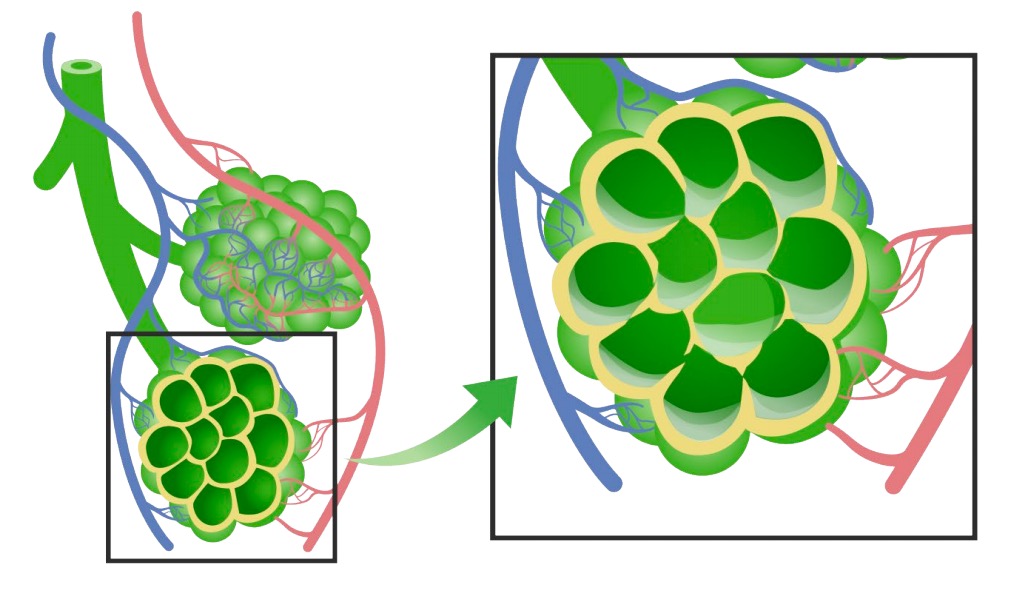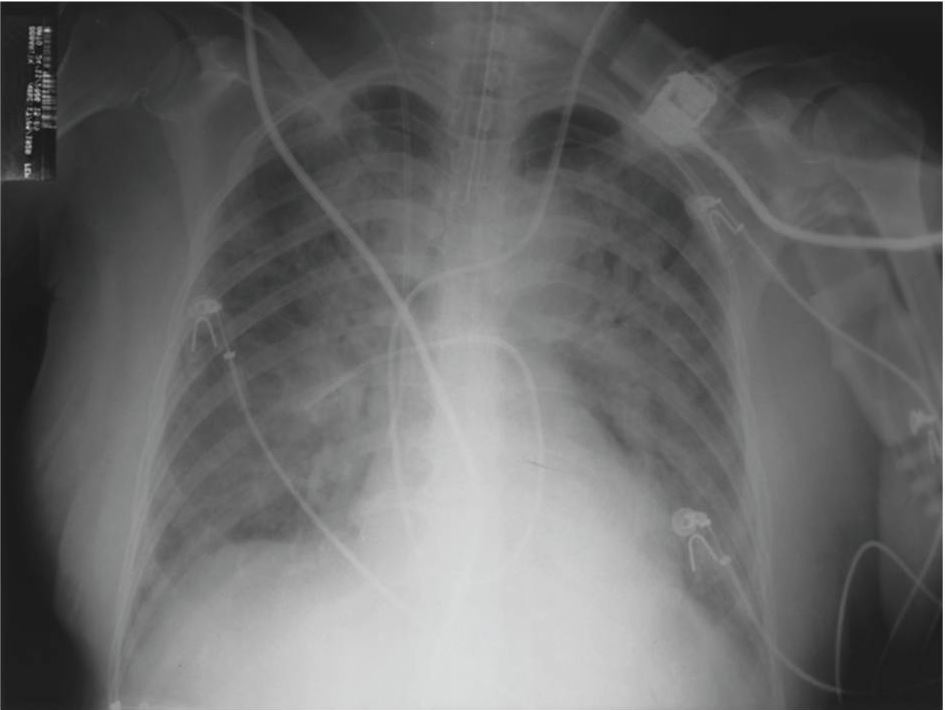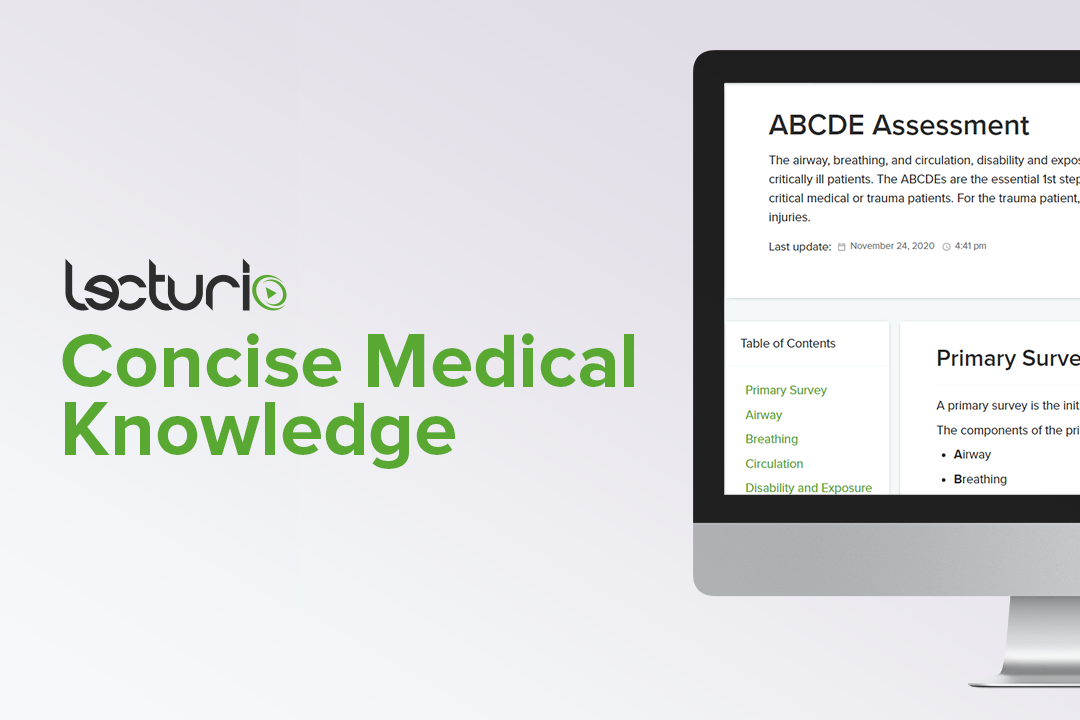Decompression Sickness

Overview Epidemiology Etiology Decompression sickness (DCS) comprises varied symptoms caused by gas bubbles that come out of solution in the body after ascending from a deep dive. Classification Based on severity of symptoms and location of gas bubbles: Pathophysiology Clinical Presentation Table: Clinical manifestations of DCS Neurologic: cerebral Confusion Visual and speech disturbances Neurologic: spinal […]
Altitude Sickness

Acute Mountain Sickness and High-Altitude Cerebral Edema Definitions Epidemiology Etiology All symptomatology of AMS and HACE is related to hypoxia. The central nervous system (CNS) is the most sensitive organ to hypoxia. Clinical presentation Pathophysiology Diagnosis Both AMS and HACE are diagnosed clinically by noting the characteristic symptoms in a patient who ascends to high […]
Drowning

Overview Definition Epidemiology Risk factors Pathophysiology Diagnosis Phyical exam Clinical manifestations of drowning are due to the effects of hypoxemia. Vital signs: Respiratory changes: Cardiovascular changes: Neurologic changes: Neuronal damage from hypoxia and ischemia causes: Laboratory testing Imaging Imaging is done via X-ray. Management While prevention is the most effective intervention, rapid resuscitation on-site is […]
ABCDE Assessment

Primary Survey A primary survey is the initial evaluation used to identify and manage life-threatening injuries in a trauma patient. The components of the primary survey are: Airway Purpose Causes of airway compromise Airway assessment Airway management Breathing Breathing is the next step after the airway has been deemed adequate. Purpose Breathing assessment Signs of […]
Sepsis and Septic Shock

Overview Definitions Epidemiology Risk factors Etiology and Pathophysiology Etiology Pathophysiology Pathogen load and virulence + host genetic composition and comorbidities result in a complex, exaggerated, and prolonged host response to infection that evolves over time. Clinical Presentation Diagnosis General approach Diagnostic criteria Table 1: The sequential organ failure assessment (SOFA) score Organ/system SOFA score Indication […]
Types of Shock

Definition and Classification Definition Shock is a life-threatening condition of organ dysfunction resulting from tissue hypoxia due to decreased oxygen delivery, increased oxygen consumption, and/or defective oxygen utilization. Classification Table: Hemodynamic characteristics of the major types of shock Type of shock Central venous pressure (CVP) Pulmonary capillary wedge pressure (PCWP) Cardiac output Systemic vascular resistance […]